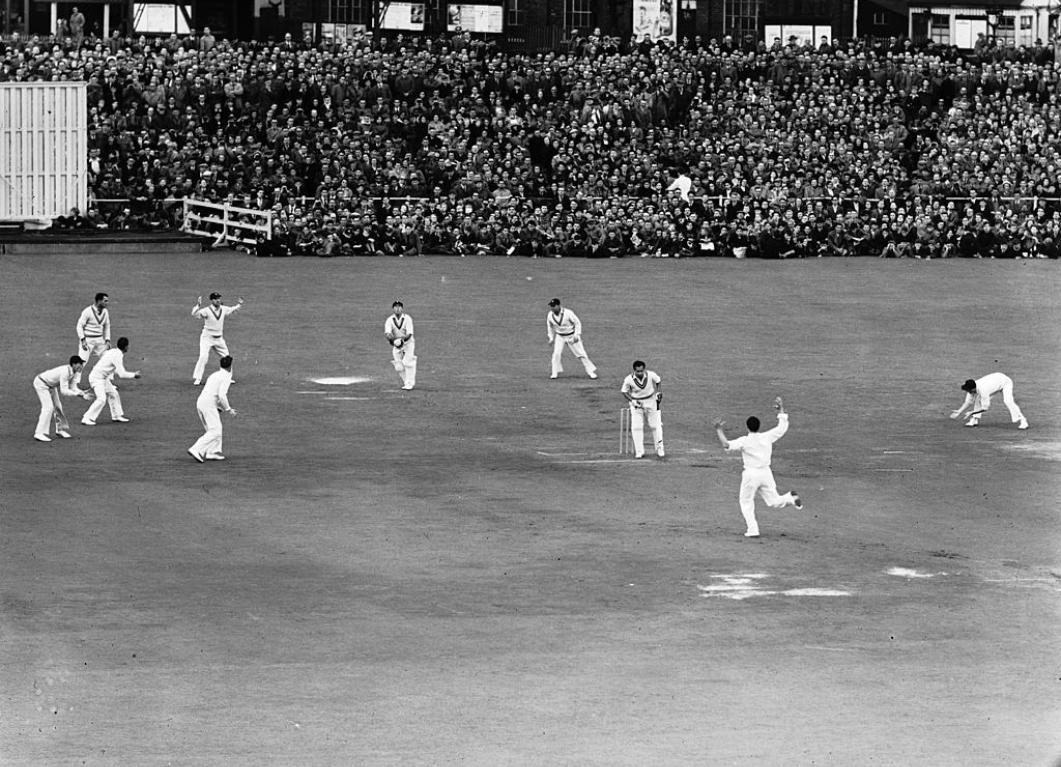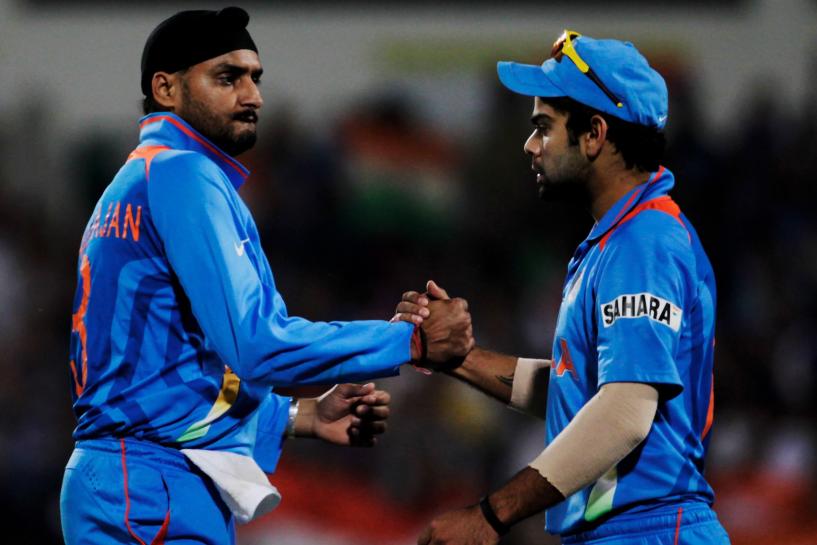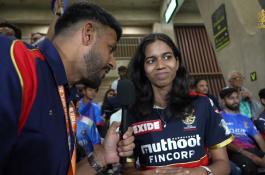1952 – A year that changed Indian cricket forever

Indian cricket has come lightyears from what it was when the journey started. From the murky days of being dominated by the powerhouses of the sport to becoming one, the nation bore witness to a surreal transition led by a Kapil Dev, a Sachin Tendulkar, a Virat Kohli, a Sourav Ganguly, and an MS Dhoni.
However, the stepping stone for success was laid by a bunch of eleven geezers who stayed at the mercy of the villagers overnight to pen the first chapter of India’s ascent to glory. On the 10th of February in 1952, India won their first Test match in the nation’s swashbuckling antiquity, chronicling a befitting end to five days of torment, dreams, and finally success.
Let’s walk back in time to the very sacred day on which Indian cricket changed forever as we relive the occasion through the very lens of the only cricketer to be still alive from that team, CD Gopinath.
The legend quoted how he was asked to bat his heart out for what was coming next which was going to be a seminal echo in the fabric of Indian cricket. He said, “The captain (Vijay Hazare) very clearly told me that, ‘I am planning to declare soon. Go there and score as fast as you can.’ Polly Umrigar was at the crease. When I got out, I had made only 35 runs. It contained seven fours, and I was delighted because my favorite shots were the cover drive and square-cut, and every time I hit a four playing those strokes, my home crowd erupted. Umrigar and I had a partnership of 93... In forcing the pace, I got out. But I was okay with it because I was following my captain’s instructions.”
He was also not happy about the fact that his brashness cost him his valuable wicket. He said, “By then, Umrigar had moved to his seventies, so the captain couldn’t declare because he was waiting for him to get to his 100. Umrigar’s innings just went on and on, and I said to myself: “Why did I play like that!” (Laughs.) I could’ve taken my time like Umrigar, made a few more runs had I known that declaration was not around the corner. So, I was disappointed. That said, it didn’t matter in the end because we won the match and that’s what we all cherish now.”
Gopinath is astonished at the zany celebrations that the players put up these days. He was always told in his playing days to be phlegmatic. He further added, “Never show our inner feelings to the rest of the world. We won the match, went back to the dressing room, and everybody said, ‘Well done,’ and we all went back home! In those days, teams did not stay together. Each one was put up at somebody’s home; this applied to both India and the English players. We only met an hour and a half before the game at the ground. So, there was no question of strategy or celebration. I’ve been asked what our strategy was to beat England. I said, ‘We had no such thing [strategy].’ There were no coaches for batting, fielding or bowling. The captain decided everything.”
It was the legend himself who took the final catch that derailed England once and for all. Gopinath further cited, “On the last day, I took the winning catch just in front of the MCC pavilion [of the M. A. Chidambaram Stadium]. Looking back, the first Test victory and being part of that, no matter what role you played, was the highlight of my career. I got the ball signed by my teammates...but it has been almost 70 years since, you know...the signatures have all worn off,” he says as a smile lights up his face.
He concluded by saying, “In 1952, when we won that Test match in Madras, it was a great surprise even to us. Hence, the victory was so much more exciting and sweeter. Probably for the first time we believed that we could beat a side that’s stronger than us. It ushered in a new way of thinking.”
In a brief rundown, India managed to skittle out England for a modest 266. Jack Robertson and Dick Spooner were the highest scorers for the visitors in the opening innings. Vinoo Mankad claimed a staggering eight wickets to snuff out the English resistance.
India posted an overwhelming 457 before the declaration came. Polly Umrigar brewed a tempestuous 130 while Pankaj Roy belted out a masterclass of 111.
It was once again Vinoo Mankad stitching together the symphony of destruction to pen history as his four-for left England skittled out for 183. Ghulam Ahmed was also instrumental in the second innings as he claimed a quartet of English scalps.






















